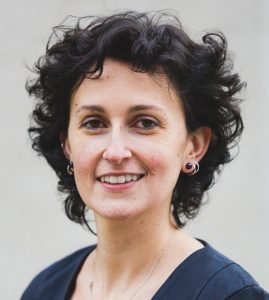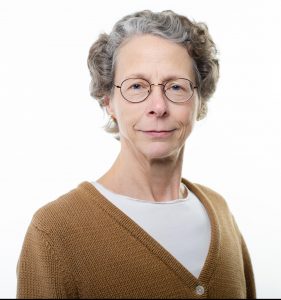EOSCpilot & LIBER Webinar: Ethical Issues & Skills in the European Open Science Cloud
The implications of ethics and private/sensitive data are often underappreciated and misunderstood. At the same time, the European Open Science Cloud requires both researchers and service providers to have a high degree of awareness and competence on these topics.

Policies covering ethical issues should not be an add-on but a key element of research practice from day one. Equally, appropriate support for dealing with ethical issues and research integrity in the EOSC should not be a box-ticking exercise, but an ongoing activity for researchers and infrastructure/service providers.
On Monday, 18 March at 1500 CET, these topics will be discussed during a joint webinar from LIBER and the EOSCpilot project. The webinar is an opportunity to discuss the EOSC recommendations in relation to ethics issues and skills.
Webinar Aims
- To help Research Producing Organisations and Infrastructure staff who manage ethics processes (e.g., members of RECs, data protection officers, research leads) to better understand the implications for their work of EOSCpilot ethics recommendations;
- To identify the skills that researchers and data stewards need, in order to understand ethical risks in data stewardship and identify how these affect the application of FAIR principles;
- To help service providers to better understand ethical implications – particularly relating to GDPR – of providing services in EOSC.
Before the webinar, delegates may want to read the white paper on Ethics as it relates to the EOSC.
Speakers

Dr Serena Battaglia – Capacity Programme Manager at ECRIN (European Clinical Research Infrastructure Network) – will introduce the white paper on Ethics developed as part of EOSCpilot project. EOSCpilot aims to establish the policy environment necessary for the effective access to, operation and use of the EOSC.
A biologist by training, Serena holds a PhD in molecular virology and cell biology. At ECRIN, she is responsible for building relationships between research infrastructures, scientific communities and users, and for establishing cross-infrastructure scientific workflows and shared services.

Dr Thordis Sveinsdottir – Senior Research Data Specialist at the Digital Curation Centre, at the University of Edinburgh – will speak on the development of skills and structures for dealing with ethics within research organisations, and how these can be developed further as part of the organisations’ development of ethics assessment boards and ethical impact assessment of R&I. Thordis will also refer to what role the EOSC is taking in these developments and refer to useful references and tools for organisations who wish to set up ethical assessment processes as part of their research.
Thordis has extensive experience of research, evaluation and analysis within the European R&I field, within projects and initiatives in the fields of Security, Open Science, Science Policy and eGovernment. Her focus has been on open access to research data, research ethics, data protection and privacy, and she has contributed to all stages of the research and evaluation process, including the ethical assessment of research proposals, projects and technology under development.

Dr Libby Bishop – Coordinator for International Data Infrastructures in the Data Archive at the GESIS-Leibniz Institute for Social Sciences – will speak about the ethical dilemma facing researchers seeking to use, publish, and share data. From one direction come growing recommendations—and sometimes requirements—to make data open and sharable. From the opposite quarter is a daunting proliferation of ethical review procedures and legal requirements for data protection. With little specific case law for guidance, and ethical norms that differ widely between domains such as computer science and anthropology, researchers are understandably struggling.
This talk will present a short summary of key issues, followed by a detailed look at the example of research that linked Twitter and social survey data, and the practical steps taken to be both ethically responsible and legally compliant.
At GESIS, Libby enables and enhances connections (human and others) between GESIS and international data infrastructures, primarily the Consortium of European Social Science Data Archives (CESSDA). This includes participation in European-funded initiatives, such as SSHOC, a Horizon2020 project.
Related news articles